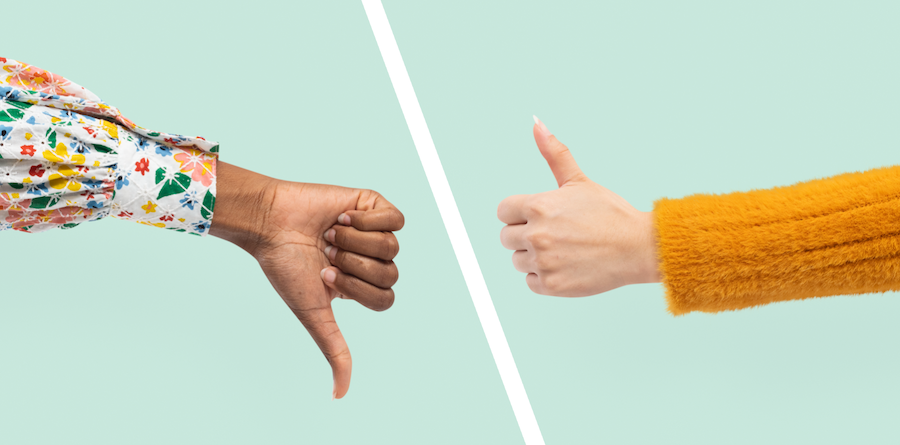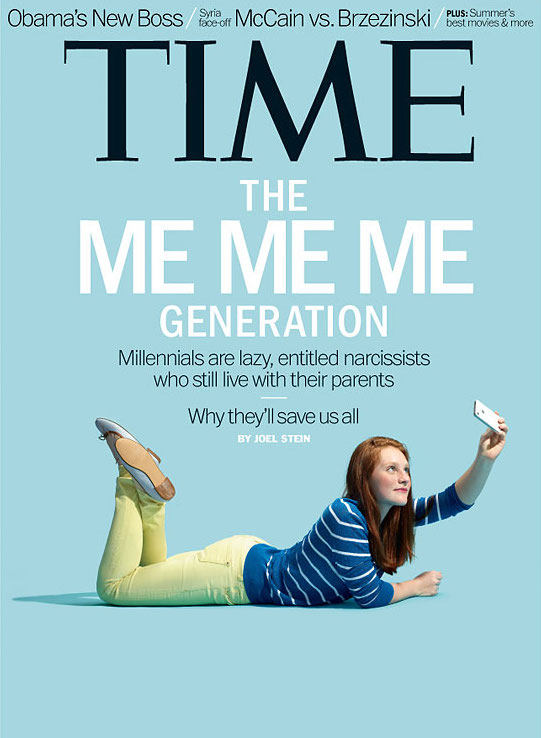Unit 3: Generational Differences
Activity 2: Millennials – The Me Me Me Generation
In a Time article titled, Millennials: The Me Me Me Generation published in 2013, Joel Stein made a number of claims about the millennial generation, which can also be applied to the Gen Z today.
Part A: Definitions
Definitions
Read the two paragraphs below and match the words in bold with their definitions.
“I am about to do what old people have done throughout history: call those younger than me lazy, entitled, selfish and shallow. But I have studies! I have statistics! I have quotes from respected academics! Unlike my parents, my grandparents and my great-grandparents, I have proof.
Here’s the cold, hard data: The incidence of narcissistic personality disorder is nearly three times as high for people in their 20s as for the generation that’s now 65 or older, according to the National Institutes of Health; 58% more college students scored higher on a narcissism scale in 2009 than in 1982. Millennials got so many participation trophies growing up that a recent study showed that 40% believe they should be promoted every two years, regardless of performance. They are fame-obsessed: three times as many middle school girls want to grow up to be a personal assistant to a famous person as want to be a Senator, according to a 2007 survey; four times as many would pick the assistant job over CEO of a major corporation. They’re so convinced of their own greatness that the National Study of Youth and Religion found the guiding morality of 60% of millennials in any situation is that they’ll just be able to feel what’s right. Their development is stunted: more people ages 18 to 29 live with their parents than with a spouse, according to the 2012 Clark University Poll of Emerging Adults. And they are lazy. In 1992, the nonprofit Families and Work Institute reported that 80% of people under 23 wanted to one day have a job with greater responsibility; 10 years later, only 60% did.”
Part B: Reflection
Reflection

Part C: Answer the Questions
Questions
For your convenience, you can download an MS Word version of the activities to work on your device or print and fill by hand.

